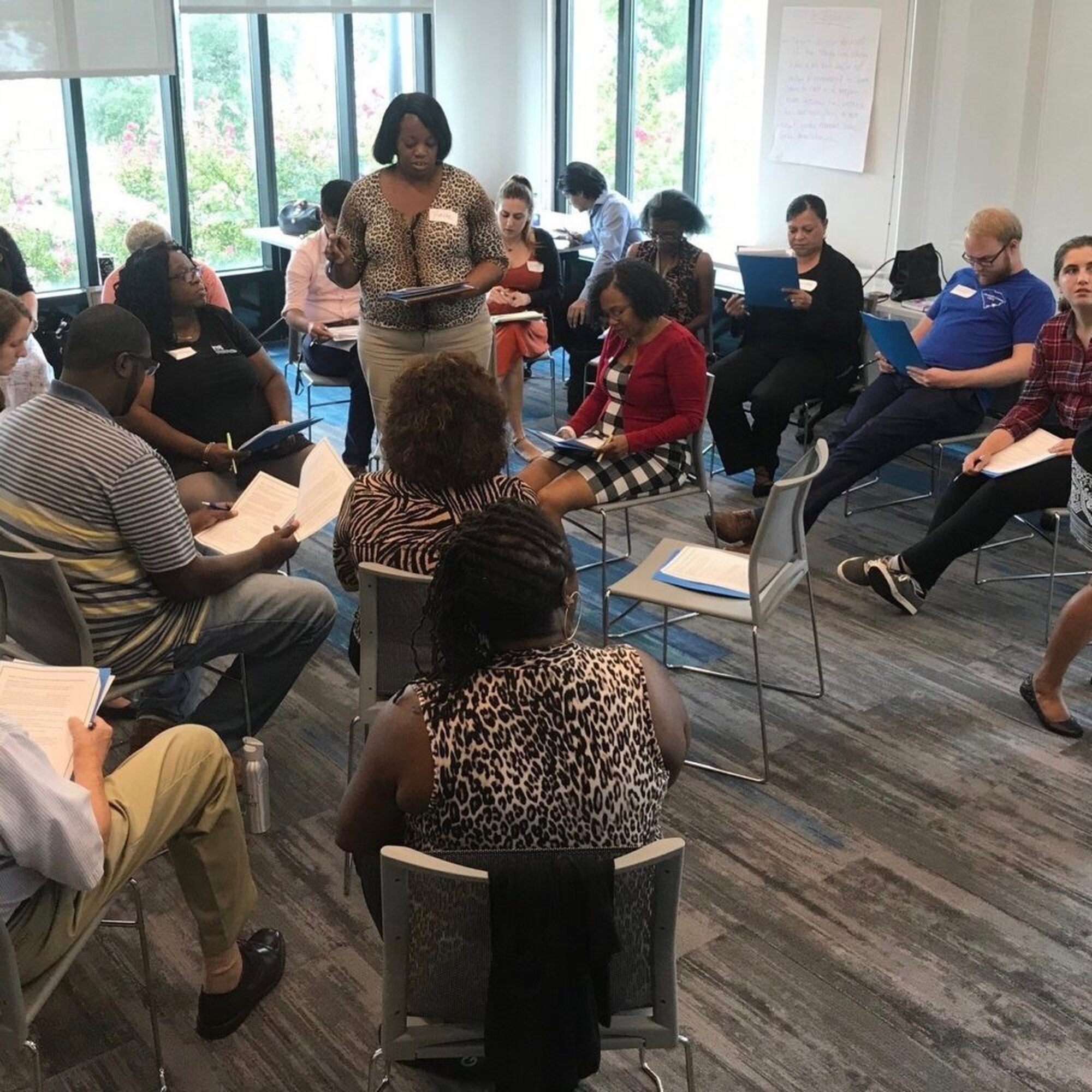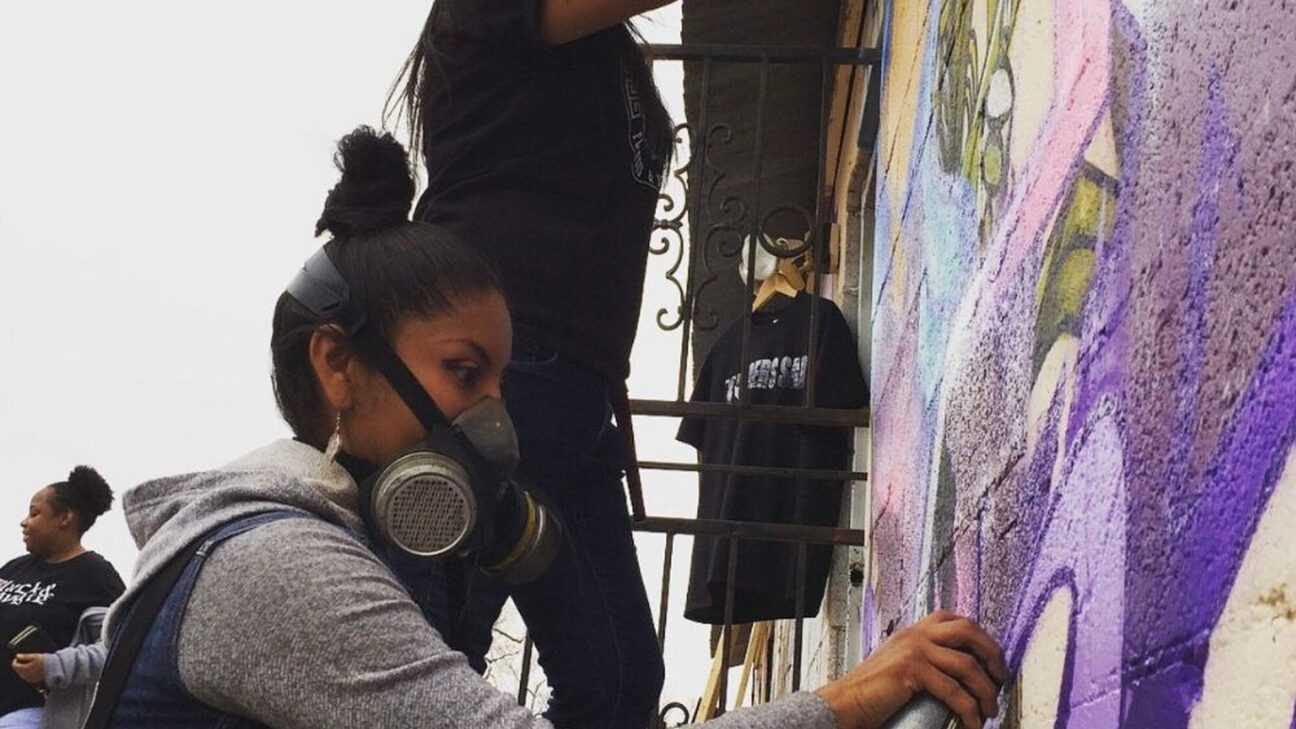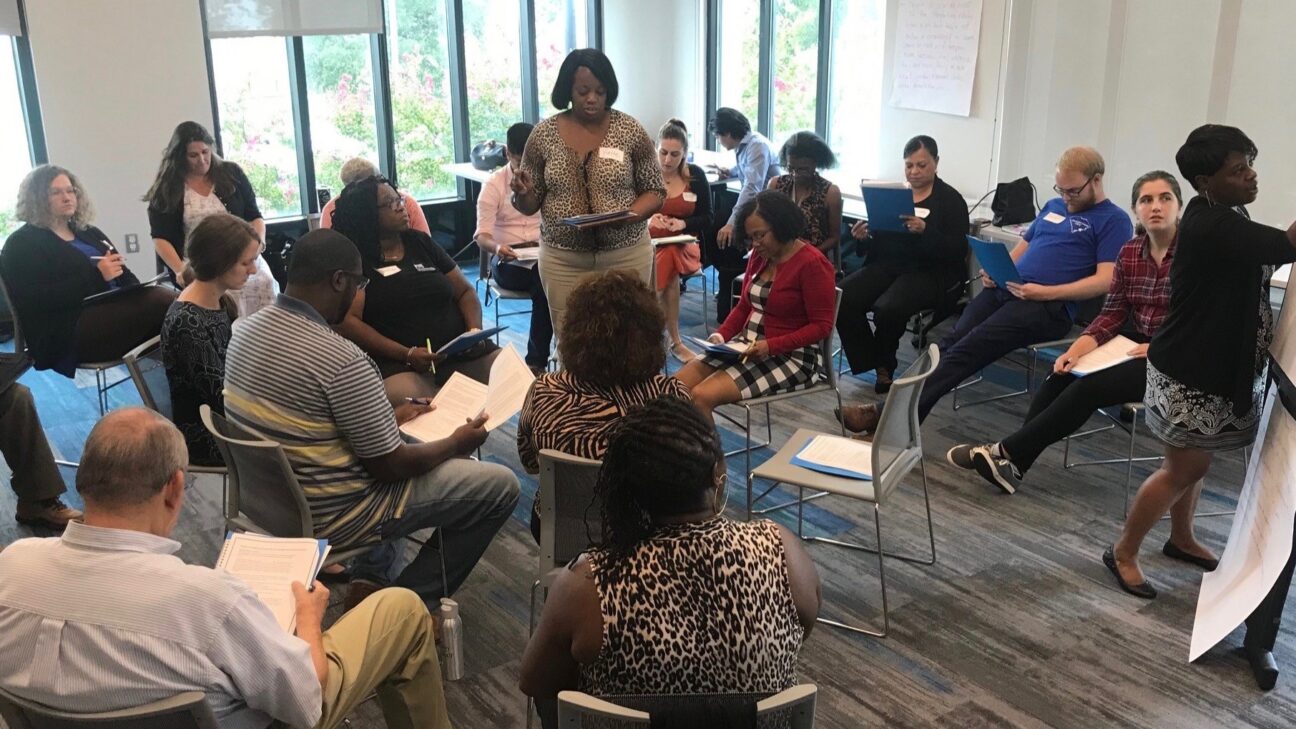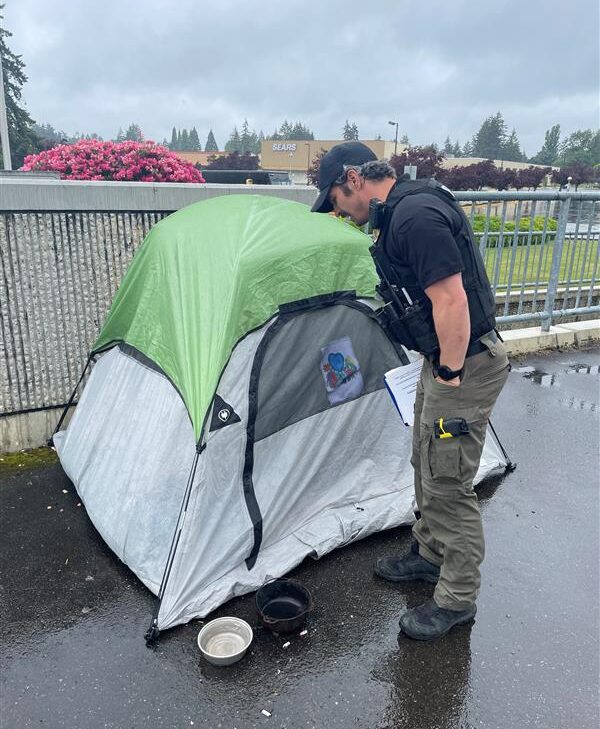Since the inception of Charleston County’s Criminal Justice Coordinating Council (CJCC), “community representatives have been at the table informing its efforts,” says Susanne Grose, System Utilization Manager for the council. Community engagement has been a vital component of the CJCC’s efforts to improve the county’s criminal legal system and enhance community safety and well-being.
In 2019, the CJCC carried out a comprehensive community engagement effort to engage community members to help “set the course” for the council’s next three-year strategic plan. The process included “an intentional and inclusive effort” to communicate the challenges of the local criminal legal system and better understand community priorities for improving it.
Raising Awareness and Seeking Feedback
The CJCC used a process called Dialogue to Change (DTC) to raise awareness and elicit community feedback. According to the CJCC’s 2020 Annual Report, the council engaged more than 1,200 community members, including those most impacted by the criminal legal system, in community discussions, recurring small-group roundtables, and a community survey. More than 90 percent of the roundtable participants reported that “they learned from different points of view, felt their point of view could be heard, recommended the dialogues to others as a way to get involved in their community, and were motivated to take action to support making improvements” in the local system.
At an Action Forum in November 2019, community priorities were solidified and articulated as follows:
- Increase education, training, and awareness for system stakeholders
- Create more opportunities for community members to become actively involved and engaged
- Build on the CJCC’s efforts and activities
- Establish partnerships and collaborations to support local criminal legal system reform
Deepening Engagement
The Action Forum also led to the formation of four strategic planning workgroups, each one involving community representatives and institutional stakeholders. The groups focus on (1) community engagement and racial and ethnic disproportionality and disparity (R+EDD), (2) bond and reentry, (3) case processing, and (4) diversion and deflection.
The community engagement and R+EDD workgroup’s ongoing initiatives include quarterly Community Justice Forums focused on timely topics presented by a panel of local subject matter experts. To increase community awareness of the work underway and to share information requested by the community, social media efforts were expanded to Facebook, Instagram, and Twitter. The CJCC is studying R+EDD through a qualitative two-year community-engaged study in partnership with Everyday Democracy. Finally, the workgroups developed a proposal for a race equity fellowship designed to develop agents of change from various disciplines (such as education, health care, business, and criminal justice) that would address inequities.
Expanding Engagement
The Charleston County CJCC continues to expand community engagement in multiple ways, including:
- Increasing community representatives who sit on the CJCC from 10 to 12
- Adding a community representative to the CJCC’s Executive Committee who has a vote
- Encouraging community participation by advertising meetings on the website and social media
- Maintaining a current website to promote transparency and engagement
- Developing and maintaining partnerships, such as the Illumination Project, which aims “to further strengthen citizen/police relationships grounded in trust and legitimacy”
- Promoting community events, such as listening sessions, speeches, and conferences
In June 2021, the CJCC hosted a roundtable for people who have lived experience in the local criminal legal system to discuss the best way to engage those directly impacted in improving the system. The event was developed in partnership with JustLeadershipUSA, Everyday Democracy, Charleston Black Lives Matter, South Carolina for Criminal Justice Reform, Father to Father, Inc., ACLU South Carolina, FreshStart Visions, and My Community’s Keepers Mentor Group. During the summer of 2022, the CJCC hosted a series of facilitated dialogues for those with lived experience in the local criminal legal system and survivors of crime. The objective of the series was to identify areas not captured by data where the CJCC could help drive change.
You have a lot of community members who don’t have the opportunity to cross the lines and sit at a table with a city representative or law enforcement unless it is in a negative state. . . . It’s an amazing thing they are doing, that we are doing, in allowing the community to come to the table, to bring their ideas, to bring their perspectives, bring their opinions. That matters more than anything.
About the Author
Jules Verdone is a writer and editor whose clients have included the Brennan Center for Justice, the Center for Effective Public Policy, the Center for Policing Equity, Common Justice, the Criminal Justice Policy Program at Harvard Law School, the CUNY Institute for State and Local Governance; Fair and Just Prosecution, the Katal Center for Equity, Health, and Justice, the National Bail Out collective, and the Vera Institute of Justice.





